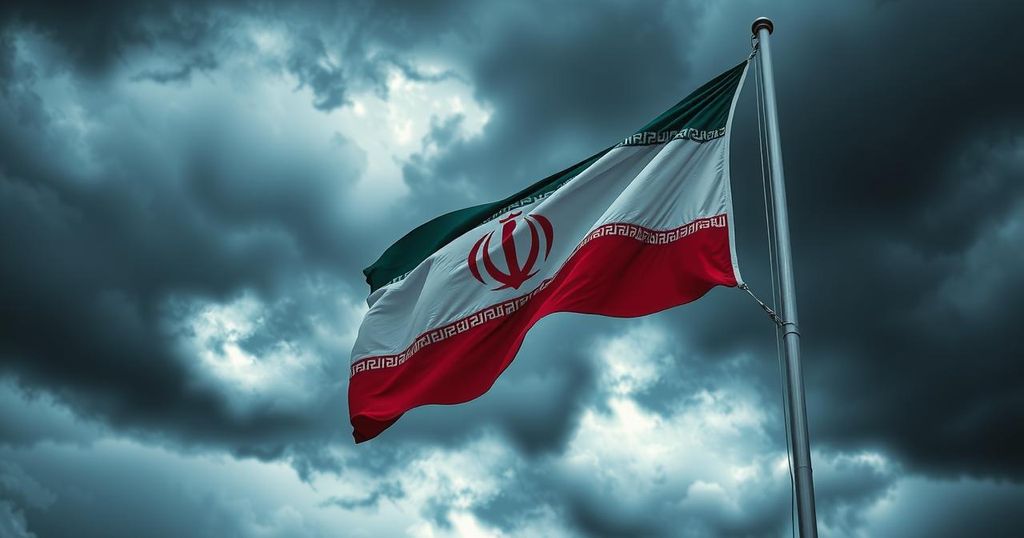Memecoins are experiencing a revival as Barstool Sports, BNB Chain, and the Central African Republic launch new tokens. BNB Chain’s TST token reached a $300 million market cap thanks to Binance founder’s endorsement, while Barstool’s JAILSTOOL token surged over $200 million. Meanwhile, the Central African Republic’s CAR token aimed to support national development, but concerns about its legitimacy emerged. The trend illustrates the growing allure of speculative trading in the crypto realm.
Over the recent weekend, significant developments in the world of memecoins have emerged, involving Barstool Sports, BNB Chain, and even the Central African Republic. Despite a tumultuous market for cryptocurrencies, the enthusiasm for memecoins remains vibrant. This article details the rise of several memecoins, notably the TST token from BNB Chain, which surged to a substantial market cap after gaining attention from Binance’s founder, and the introduction of the CAR token from the Central African Republic.
The BNB Chain’s TST token, initially conceived as a community tutorial, saw a meteoric rise to a $300 million market capitalization, largely attributed to endorsements from Changpeng Zhao, CEO of Binance. This recognition not only spotlighted the token but also led to its listing on Binance, which Zhao acknowledged may amplify interest in memecoins, despite his reservations. He stated, “Memes are fun, etc. It’s a cultural thing. I am not an expert in this area.”
David Portnoy, founder of Barstool Sports, also stepped into the memecoin arena, marketing JAILSTOOL to his 3.5 million followers. This coin, a humorous nod to Portnoy’s trading antics, peaked at a remarkable $200 million before stabilizing at around $78 million. Portnoy candidly discussed his experience, indicating that he may sell at any time, urging potential investors to be cautious with their engagements in such speculative ventures.
Adding a noteworthy twist, the Central African Republic introduced its own memecoin, CAR, with promises of aiding national development and enhancing its global presence. Following its launch, CAR experienced a substantial spike in market value, reaching approximately $527 million. This event marked the nation’s first foray into the crypto space, showing an ambitious attempt to leverage digital currency for growth and visibility.
However, doubts have surfaced regarding the authenticity of the CAR token and its official ties to the country’s leadership. The domain associated with the token was reportedly taken down, raising questions about its legitimacy. Clarifications from decentralized exchanges about the token’s deployers remain pending, although there have been attempts to validate its origins through on-chain verifications.
The international landscape of cryptocurrencies has been shaken by a resurgence of memecoins, a trend characterized by the rapid creation of tokens often rooted in humor or internet culture. Recent events illustrate how well-known personalities and organizations are leveraging this speculative market. Barstool Sports, represented by David Portnoy, along with Binance and governments like the Central African Republic, are engaging in this meme-driven economy despite inherent risks and market volatility.
In summary, the substantial growth of memecoins, particularly illustrated by the activities of Barstool Sports, BNB Chain, and the Central African Republic, signifies a continued fascination with speculative trading in the cryptocurrency space. While these developments have generated considerable market enthusiasm, they are accompanied by a backdrop of skepticism and concerns about legitimacy, especially regarding new entrants like the CAR token. The memecoin trend remains a cultural phenomenon, attracting significant attention from various stakeholders in the crypto community.
Original Source: www.coindesk.com




